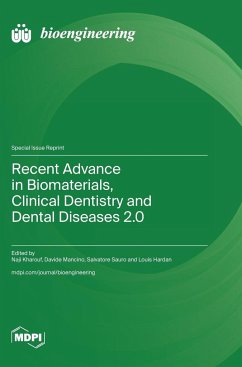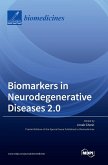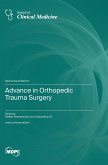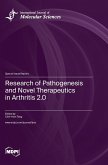Various classes of natural and synthetic molecules that can be classified as biomaterials find application in all fields of dentistry. Biomaterials should be biocompatible to minimise toxicity and bioactivity to ensure or simulate biological effects. They are used, for instance, to enhance antibacterial activity and improve the healing process. Calcium silicates, for illustration, are biomaterials used in endodontics that have proven their excellent biological, physico-chemical, and mechanical properties. However, some of these are considered too soluble, and this is almost completely due to their hardness when used as endodontic sealers, making endodontic retreatment very difficult. Despite manufacturers' best efforts, it is sometimes difficult to marry bioactivity, biocompatibility, and clinical benefits in a biomaterial; therefore, in this content, the work of researchers is invaluable.
Hinweis: Dieser Artikel kann nur an eine deutsche Lieferadresse ausgeliefert werden.
Hinweis: Dieser Artikel kann nur an eine deutsche Lieferadresse ausgeliefert werden.








